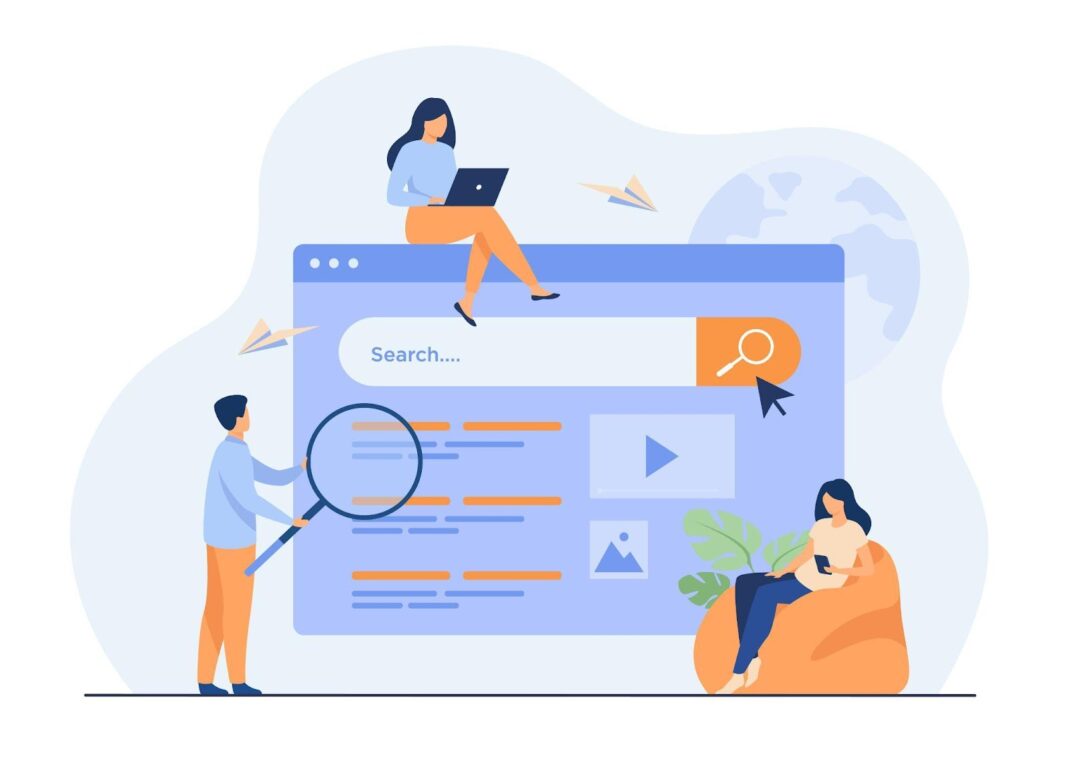Sometimes, online fingerprinting may be harmful due to easy identification and targeting. Yet, it is one of the things that users need to have a smooth browsing experience.
Unique fingerprinting can allow a user easy access to web content and allow easy communication and navigation across different web pages.
Web sessions and web cookies are two means of identification used by different websites to store user information for various reasons.
Web cookies are mostly used on websites that do not employ web sessions and are more permanent.
Secondly, web cookies work on the client’s browser side while sessions are stored on the server temporally.
In this article, we will consider what they are and how cookies and sessions differ from each other.
How Websites and Internet Browser Monitor Web Traffic and Communicate with Each Other
For the internet to function properly, different tiny parts need to work together, interacting with users on different levels.
For instance, web servers and browsers create cookies and sessions and transfer them for easy communication.
These items make each user unique and allow the servers to treat each request with better precision.
Some of the advantages of using sessions and cookies include:
- For Easy Identification
When users access a server through an application, it is always impossible to name or identify the user.
This may seem advisable for privacy reasons, but it is impossible to deal with requests uniquely.
The way the internet works, a user needs to be identified somehow before their connection can be allowed.
Web sessions use a temporal method to store user information such as time spent on the website or application, viewing history, and input data such as credentials.
This storage is done by the server and allows the user faster access to persistent data.
Web cookies, on the other hand, while storing similar information, does this on the user’s browsers.
Cookies exist as text files not more than 4kb on the user’s computer and may remain until they expire or until they are deleted.
- For Storage of Information
Storing information is critical for the same reasons we have highlighted above. And web sessions and cookies provide easy solutions for different websites.
Websites that cannot use cookies often resolve using sessions, but the aim is always the same.
Cookies and sessions can store information ranging from users’ credentials to time spent on websites and shopping cart content.
This storage makes it possible for users to log in without having to fill in the details every time or navigate from one webpage to the other without having to enter new information on each new page.
- For A Better Internet Communication
The ultimate goal of data storage is to allow easy communication between the different parts of the web and the user.
Browsing would be less appealing if users had to reenter information during each visit on each page.
Cookies allow users to communicate with websites easily without entering their information again until the cookies have expired or been deleted.
While sessions allow for the transfer of information across different web pages during a single visit because sessions are saved by time and are automatically deleted once you leave the website.
How Cookies and Sessions Work
Cookies and sessions may serve the same end goal, but they work differently. For cookies, once a user requests a website that supports cookies, basic information such as their credentials are collected as created into a text file.
Then the file is stored on the user’s device so that each time the user tries to visit the same website or application, the file is called up and used to provide quick access without the need to re-enter those details.
For sessions, the process is a little different. Once the user makes a GET or POST request, the request triggers a unique data string called SessionID.
The ID is included in a Cookie and sent to the server with the user’s request. Then the server creates a session for that user, starting from when the request was accepted and lasting during the duration of their stay on that website.
However, once the user terminates their stay on the website, the session is automatically deleted but the SessionID is retained to identify the user easily in subsequent requests.
To help prolong sessions and prevent time-outs, users have to use tools such as rotating proxies provided by an internet service provider.
This makes the user appear more organic and ensures stability in how the servers treat him. The more stable a user appears on a website, the more likely he will complete the required processes with just a single IP address.
But what is a proxy? A proxy is a tool that mediates the transfer of information between a user and the internet. And in this case, the proxy allows the user better sessions across different networks.
Conclusion
Using cookies and sessions improves our stay and access to the internet. And while cookies may not be as secure as sessions, they quickly expire or can be easily deleted for users who worry about security.
And sessions can be sticky or rotating depending on your tasks and how prolonged you need your time on a website to be.

















